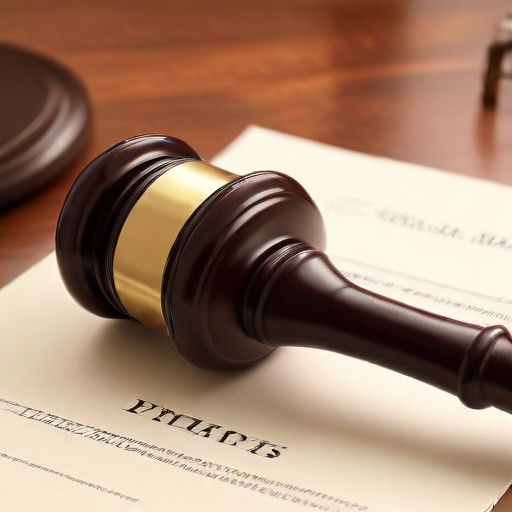The House Ethics Committee has made the decision to release its report on former Republican Representative Matt Gaetz following a lengthy investigation into his conduct. Gaetz, who has consistently denied any wrongdoing, emphasized that he faced no charges during this inquiry, asserting he was “FULLY EXONERATED” and claiming to have been targeted by those conducting the investigation.
After years of scrutiny, the report, which includes allegations of sexual misconduct, drug use, and bribery, is expected to be released shortly. Notably, two Republicans broke ranks with their party to support the report’s release during a vote on December 5.
Gaetz previously resigned from Congress last month after a brief consideration for the role of attorney general under President-elect Donald Trump, a nomination that was quickly withdrawn following significant backlash. He has since opted out of seeking another term in Congress and is set to launch a new show on One America News Network.
Despite the investigations, which included serious accusations from a witness claiming to have seen Gaetz with a minor, no criminal charges were filed against him. The focus of the legal probes on Gaetz has arisen from connections to Joel Greenberg, a former associate who has pleaded guilty to sex trafficking and is currently serving a prison sentence.
While the House Ethics Committee has not commented on the report’s forthcoming public release, Gaetz remains adamant about his innocence, framing the inquiry as a personal attack rather than a legitimate investigation.
This situation remains a critical reminder of the complexities of political accountability and the ongoing public interest in ethical conduct among elected officials. With the release of the report likely to bring further scrutiny, it prompts a broader conversation about the standards expected from those in positions of power.
As this chapter in Gaetz’s political journey unfolds, it serves as an opportunity for the public to reflect on the accountability mechanisms in place and the importance of integrity in leadership roles. The forthcoming report may also encourage discussions on reforming the oversight processes that govern elected officials.
